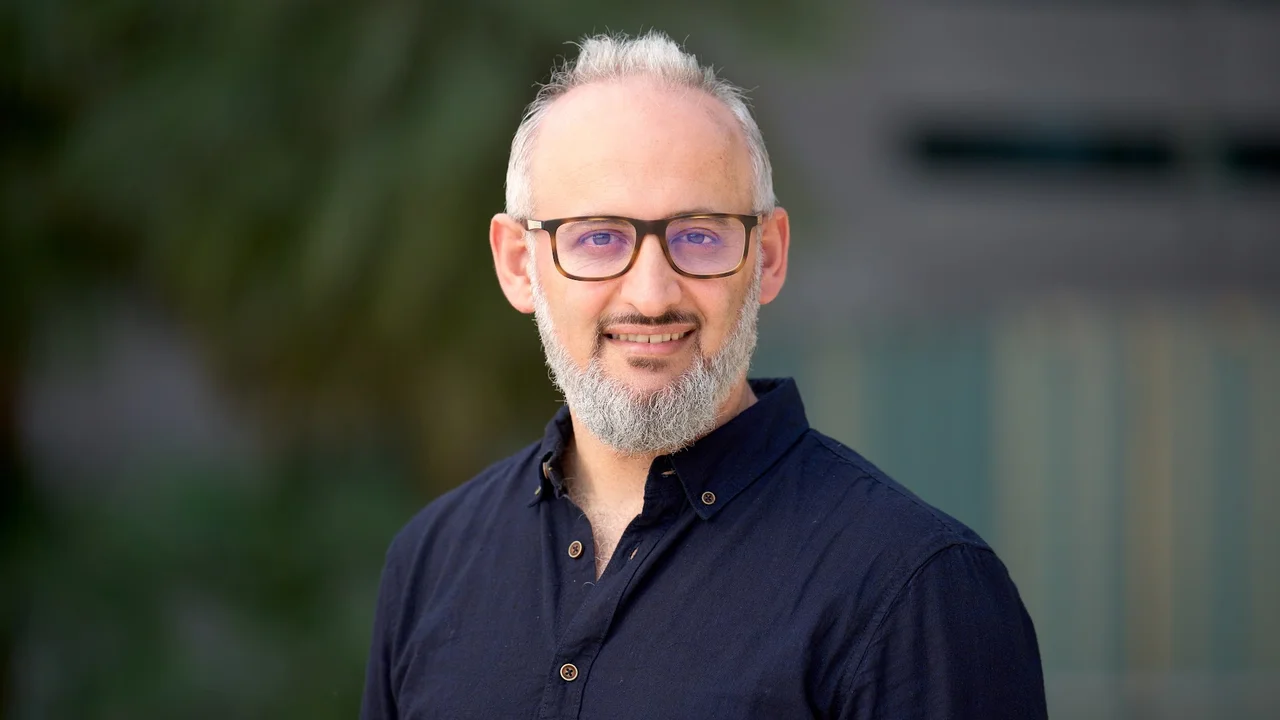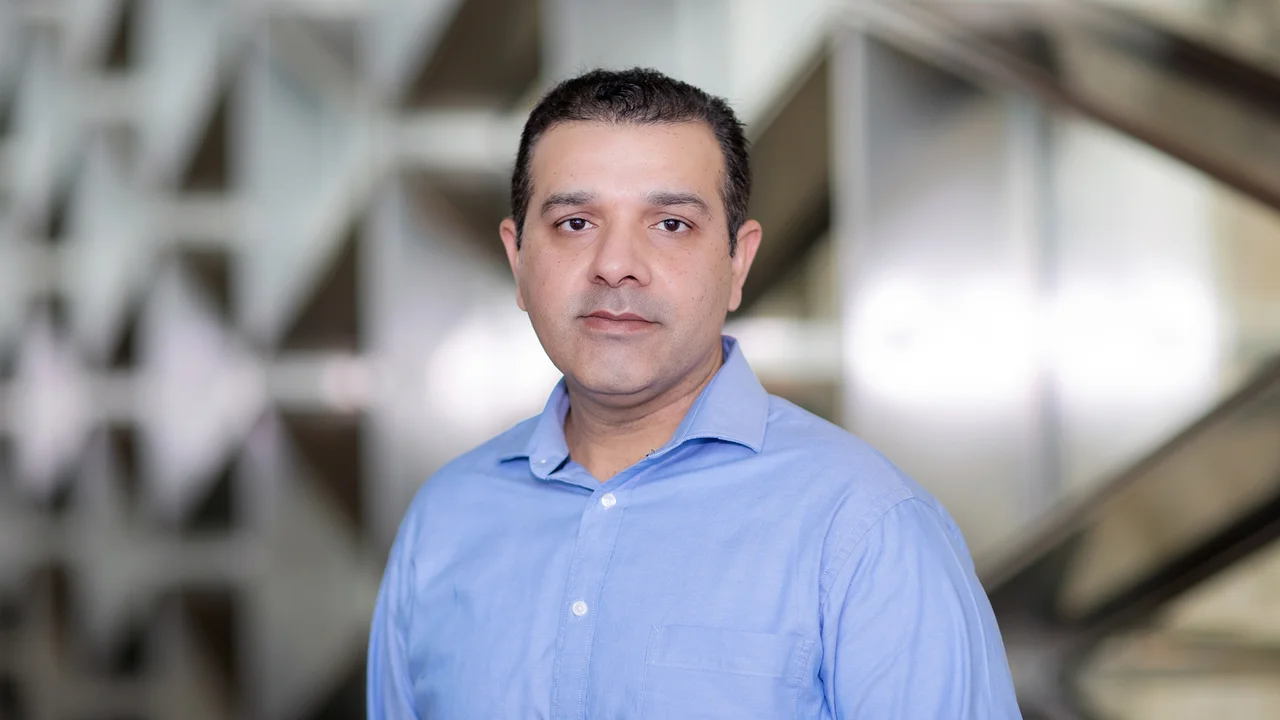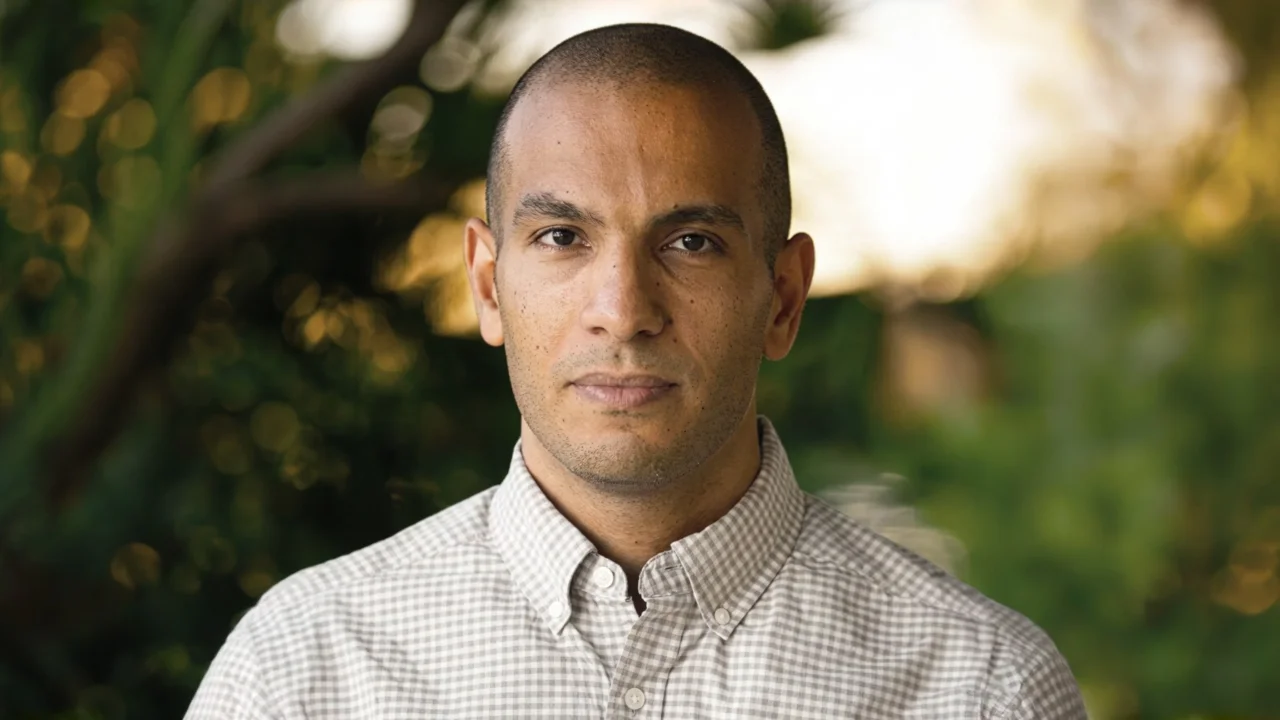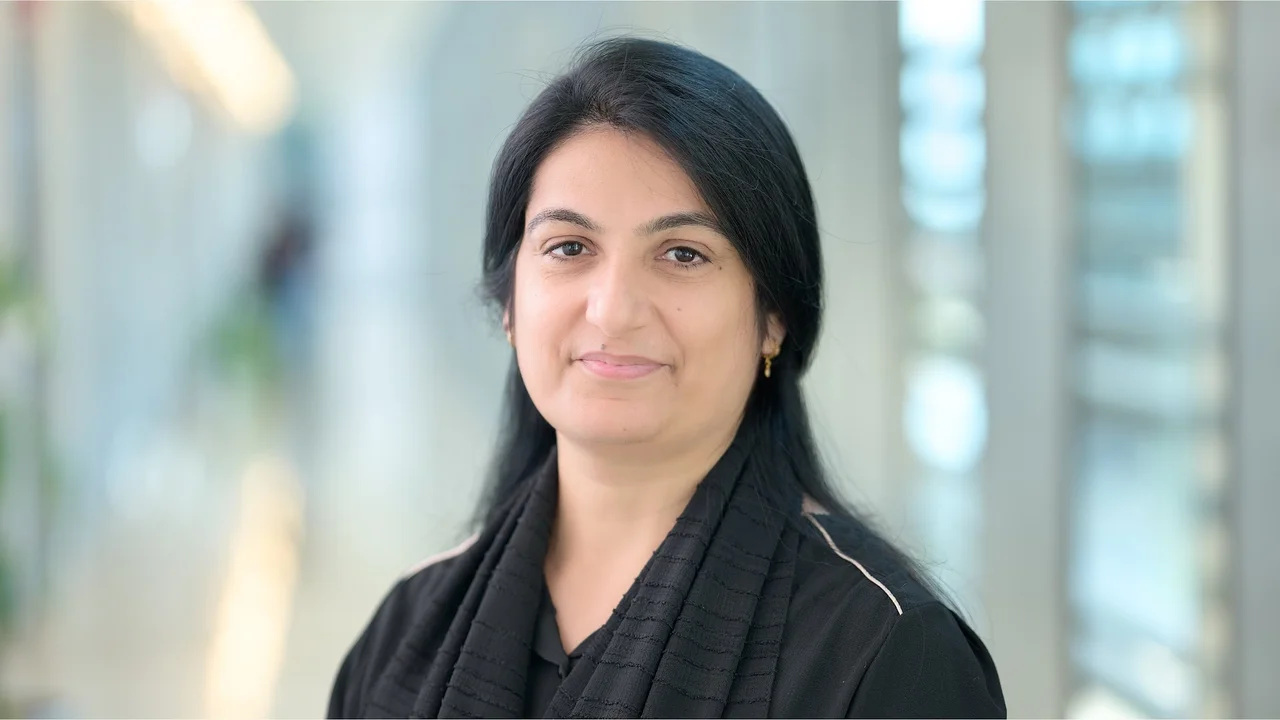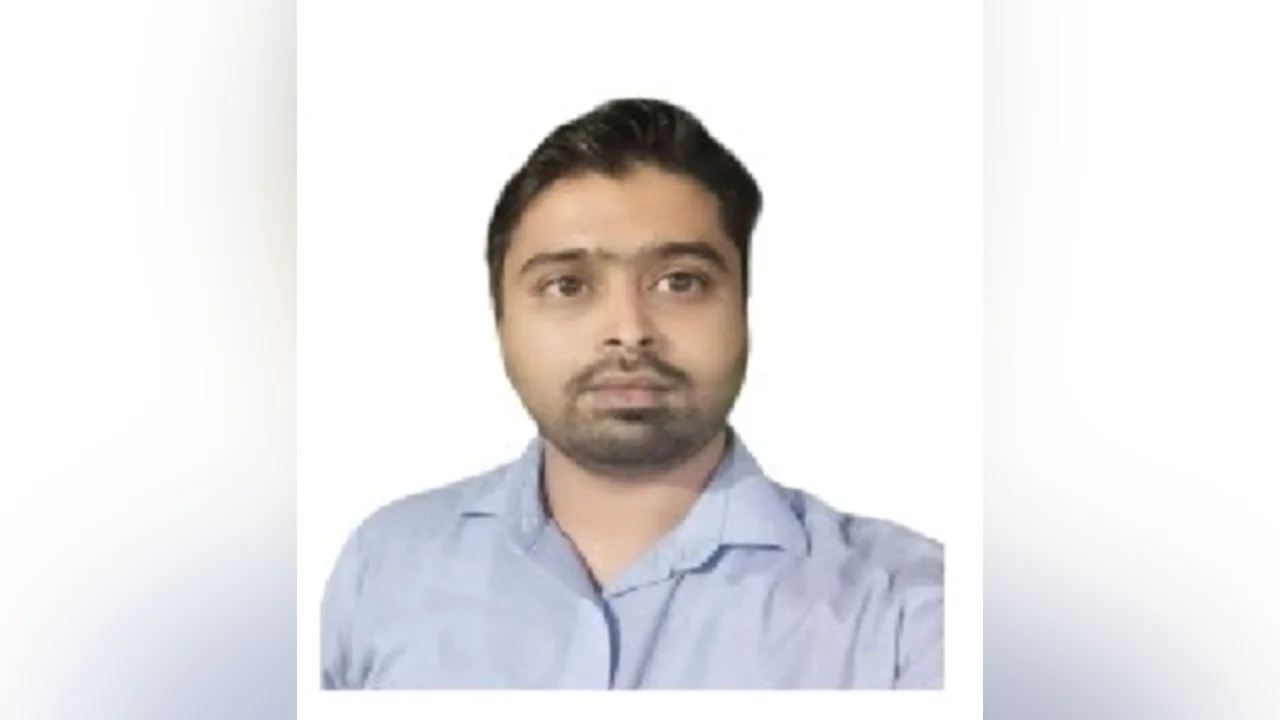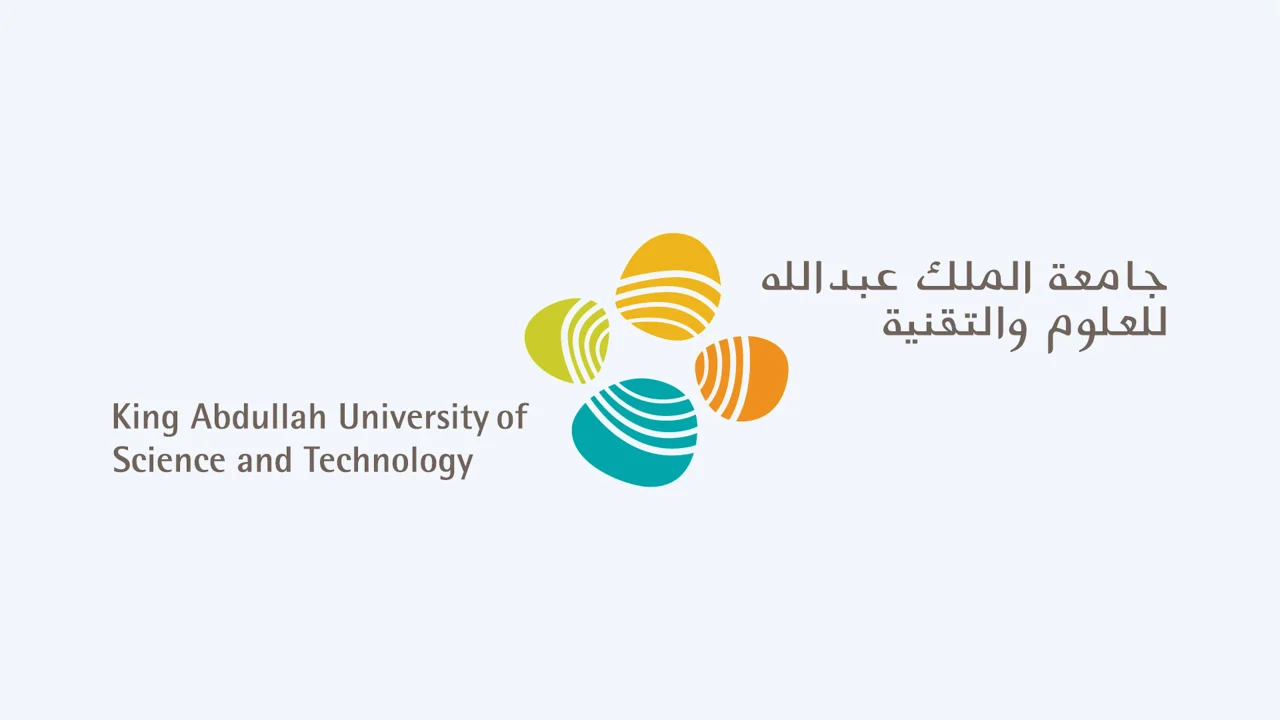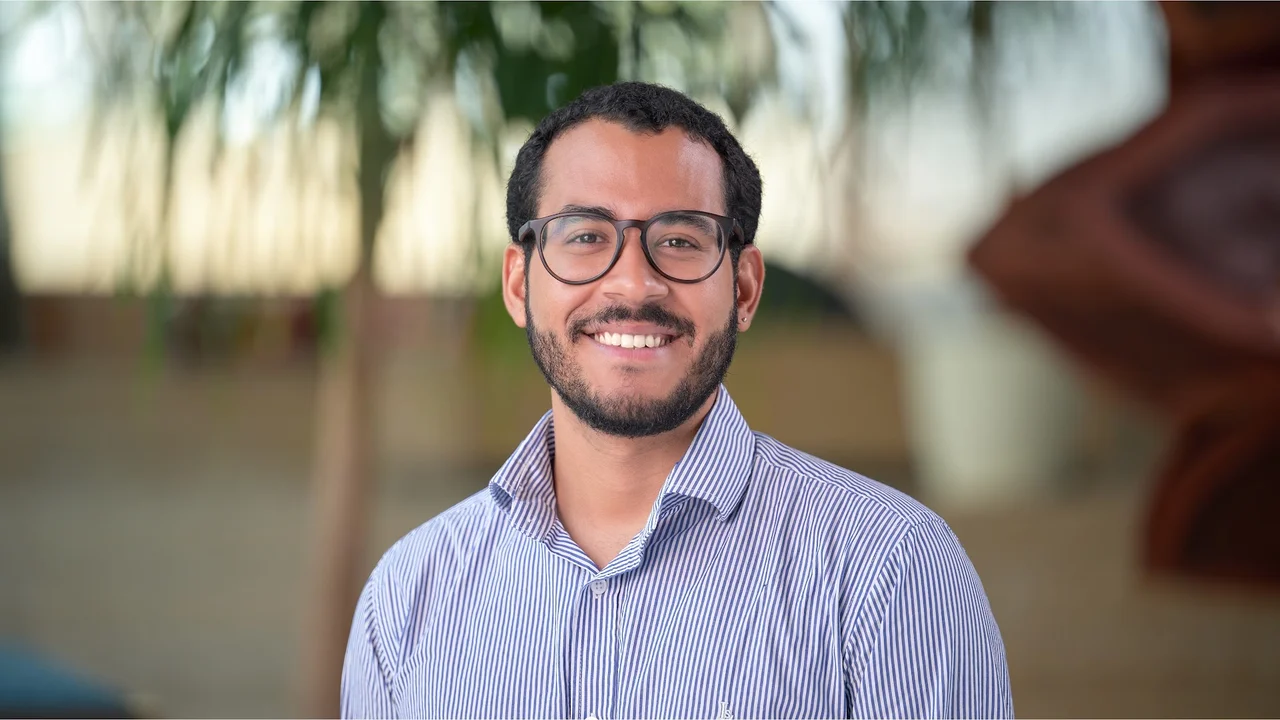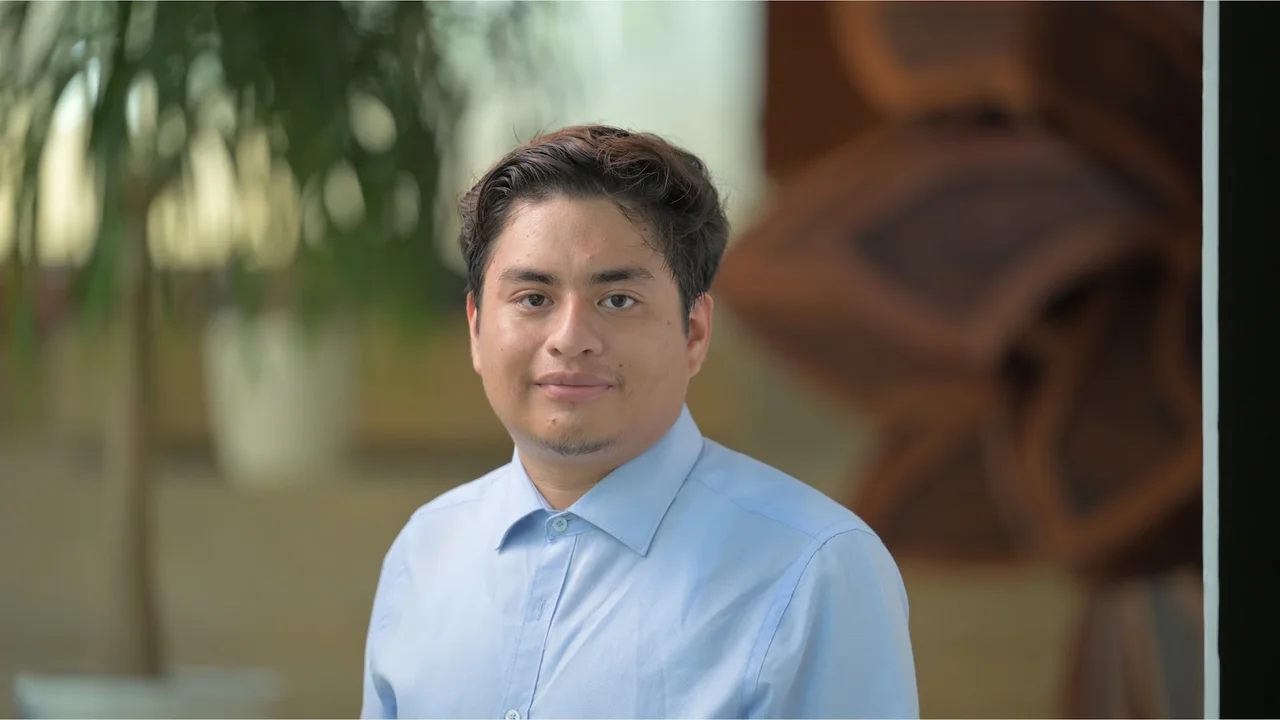Biography
Ali Shoker is a Research Associate Professor in the Computer Science Program at KAUST and a founding team member of the former Resilient Computing and Cybersecurity Center (RC3) and the former Cyber Security and Resilience Community (CriSys), focusing on advancing cyber-secure, cyber-resilient, and cyber-physical systems. He also led the development and operation of the Cyber Security and Resilience (CSR) lab at KAUST.
Before joining KAUST, Dr. Ali co-founded and led the Cybersecurity and Smart Distributed Systems research team at VORTEX CoLAB, part of the Capgemini Group, where he managed the full lifecycle of research and innovation projects. At INESC TEC (HASLab research unit) in Portugal, he co-authored mainstream models for Conflict-free Replicated Data Types (CRDTs), which have been widely adopted by leading systems, including Facebook Apollo, PayPal, and Microsoft Azure CosmosDB.
Dr. Shoker earned his Ph.D. in Computer Science with a European Label from the University of Toulouse, France, focusing on adaptive Byzantine and intrusion-tolerant protocols. He conducted part of his doctoral research at EPFL (Switzerland) under the co-mentorship of Prof. Rachid Guerraoui. He has held academic appointments as an Invited Assistant Professor at the University of Minho and the MAP-I Ph.D. school in Portugal, where he taught cybersecurity, blockchain, and scalable systems topics.
With over 30 peer-reviewed publications, two EU patents for decentralized smart systems, and recognition through awards such as the IFIP Best Paper Award, Dr. Ali's current research interests include resilient Byzantine systems, intrusion-tolerant computing, and cyber-secure automotive systems.
Research Interests
Prof. Ali prioritizes research and innovation that serve humanity, focusing on impactful advancements in technology for societal benefit.
His primary research interests center on designing and building cyber-secure, resilient, scalable, available, efficient, environmentally friendly, smart, and distributed systems.
Over his career, Dr. Ali has explored a broad range of topics, including Byzantine and intrusion fault tolerance, blockchain technology, resilience, cybersecurity, anonymous communication, cloud, fog, and edge computing, automotive systems, and data management (Conflict-free Replicated Data Types - CRDTs).
More recently, his work has focused on cyber-secure and cyber-resilient automotive systems, including autonomous and connected vehicles (V2X), cyber-physical systems such as smart and connected infrastructures, and blockchain/distributed ledger technologies. Dr. Ali remains open to multidisciplinary research that enhances and integrates these areas for more robust and innovative solutions.
